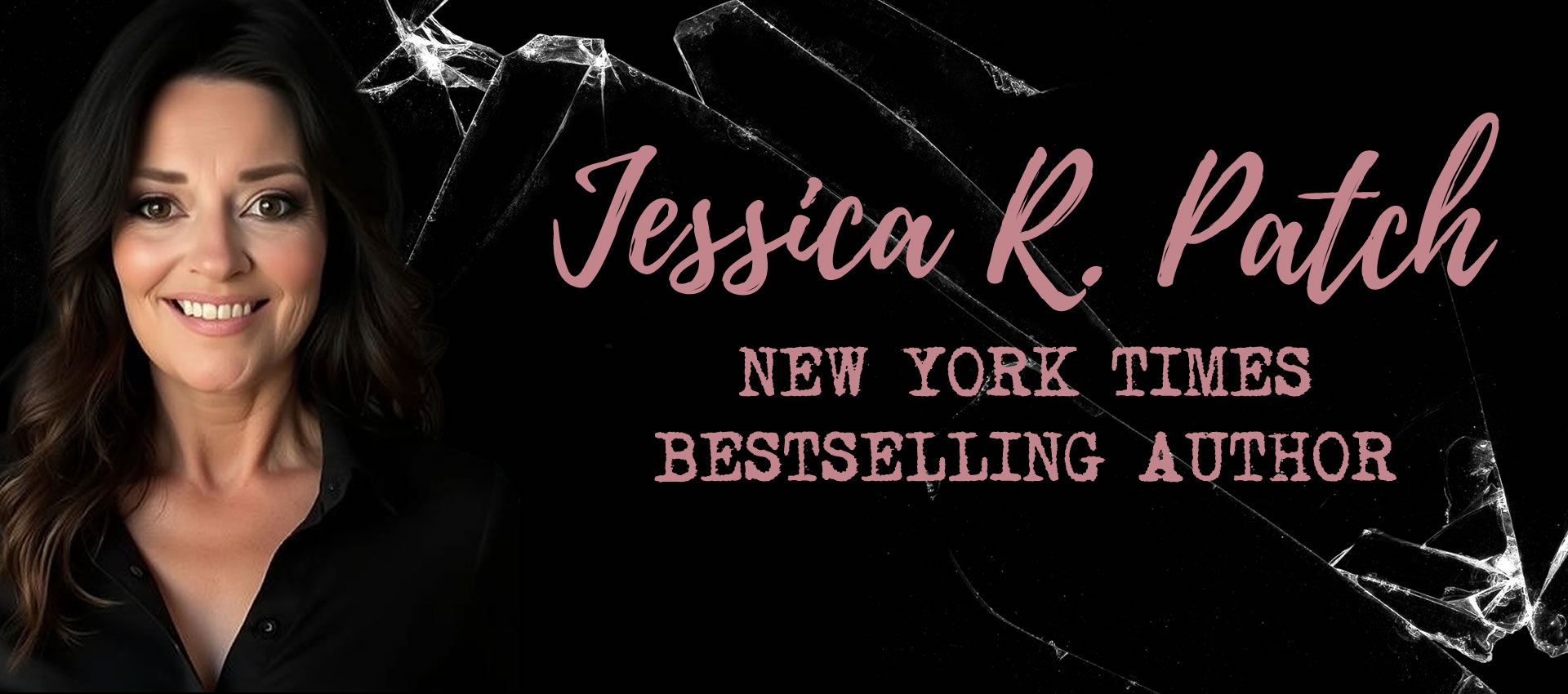I love the idea of choice. I chose my husband. No one forced me to marry him. When I read about arranged marriages or women handed over as prizes, something inside me stirs like cold lumpy soup that didn’t turn out right. (not borscht, but that’s gross too)
Find a passage that’s hard. Dry. Uninteresting. Then ask questions. Especially you writers! Ask why? How? Then do the research and find out! God loves a treasure hunter. He’ll help the words come to life on the page. Let’s bring life to a seemingly lifeless and unimportant passage. By the way, nothing is in the Bible by chance. Just like in your own novels, make every word count. Set the background. Use the words to pace the story along. Make the words lyrical. The reader should hum along to the tune you’ve written. Take a lesson from the Bible!
Our story picks up in Joshua 15: 16-19 & Judges 1:12-15. It doesn’t take a huge portion of words to bring out a story. Less is more.
Backstory: The children of Israel are still fighting for their land. Much of it has been conquered, but not all of it. Joshua has died. There is no direct leader at this point. (See how I didn’t vomit a ton of backstory at the beginning.)
Caleb (you remember Caleb…he took his mountain in another blog post) says, “Whoever attacks Kirjath Sepher and takes it, to him I will give my daughter Achsah as his wife.”
Now let’s stop there. The lumpy soup is back. Geez, Caleb, couldn’t you offer up a few ounces of silver? Your daughter? Really? Really, Caleb?
Get out your spoon and get ready to stir the cold lumpy mess because it’s about to warm up into something delicious!
Looks are deceiving. Was Caleb really offering up his daughter as a thoughtless prize or was he looking for a noble man who could honor and protect her after he was gone? The father says, “Who will go up? Who will fight for this woman? Death is a possibility. Exhaustion a certainty.”
Achsah in Hebrew means “anklet, or ankle bracelet.” Names are a big deal in the Bible. When I think of an anklet, I see a dainty jewel. Precious. Who will fight for his dainty precious jewel? He won’t be around forever. Remember, Caleb was a man of God. One of two spies willing to fight. One of two that entered into the Promised Land.
In verse 13, Othniel- the son of Kenaz (Caleb’s younger brother and we’re not going there, but those were the times, my friend…those were the times) took it. Othniel, also of the tribe of Judah. His name meaning…lion of God.
Let’s think about him a minute. He obviously has been around long enough that he knows Achsah. Maybe he’s seen her sitting among the young women. He’s been waiting for the right opportunity to make her his bride.
Her delicateness interests him–enough he’s willing to take Kirjath Sepher, which means city of letters. We’re talking about a royal Canaanite city. Educated. A place located in the mountains. (now mountains of Judah west of Hebron)
| A face like flint |
Her clothing is woven with gold.
She shall be brought to the King in robes of many colors;
The virgins, her companions who follow her, shall be brought to You.
With gladness and rejoicing they shall be brought;
They shall enter the King’s palace.”
Psalm 45: 13-15
